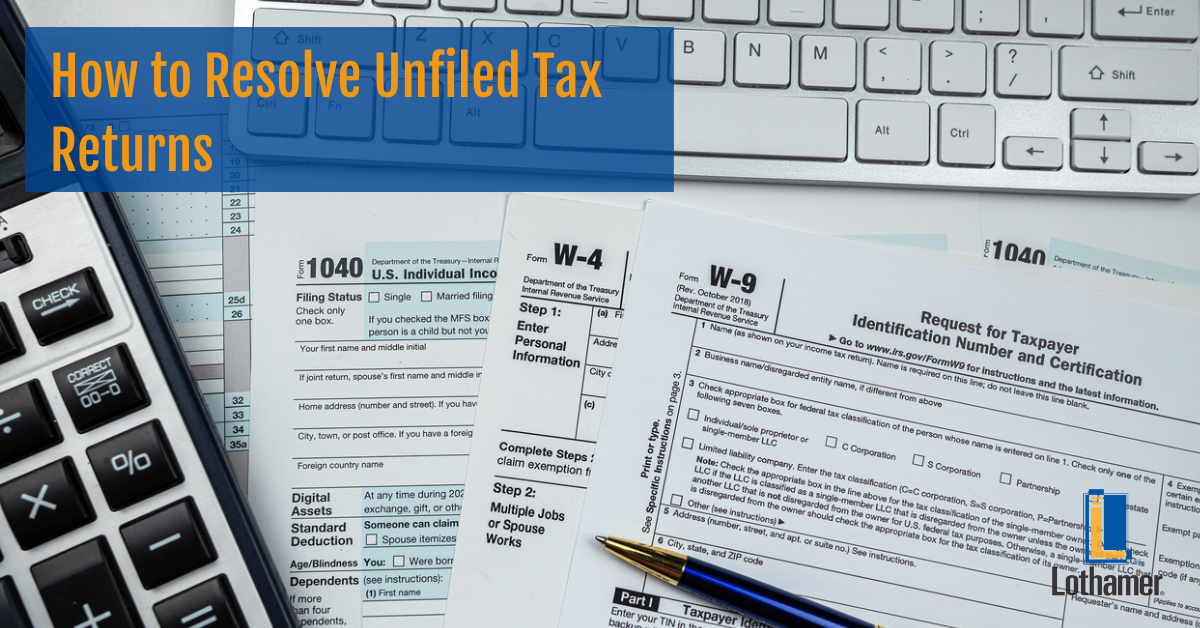Stopping a wage garnishment in Michigan for taxes owed is a common issue for many Michigan residents. When a tax bill from the IRS or the State of Michigan is unpaid or ignored, the IRS or State of Michigan Taxation agency can file a Wage Garnishment order, requiring a third-party wage provider to withhold some wages as a means to repay a debt. The wage garnishment will stay in effect until the entirety of the tax debt is paid off or the State of Michigan taxation agency or IRS agrees to a levy release.
Along with wage garnishments, the IRS or the State of Michigan may levy other sources of income you may be receiving. This could include accounts receivable for self-employed workers, sub-contractor fees, commissions, brokerage, and bank accounts in the form of the bank levy, endowment contracts, and life insurance contracts. In some circumstances, the IRS or the State of Michigan may levy payments from retirement plans, such as Social Security or Veteran’s Pension benefits.
Effects of Wage Garnishments
Wage garnishments can be financially crippling to Michigan taxpayers, who may be already struggling to make ends meet. The sudden change in income can harm the financial situation of the individual and family members or people dependent on that source of income.
While it may not be possible to recover what you have already paid to the IRS or the State of Michigan, there are typically actions that you can take to negotiate your wage garnishment or stop your wage garnishment from taking effect.
Option 1 – Pay the debt owed in full
Simply paying the amount owed to the IRS or the State of Michigan will stop a wage garnishment from taking effect. The garnishee, or the person who owes money, typically is given 10 days to pay the debt in full after the court date. Following payment to the court clerk, you are given a receipt for the amount paid.
While this is ideal for stopping wage garnishment, it is not always the most practical for large sums of money owed.
Option 2 – Negotiate a payment plan
You can often create a payment plan that stops your wage garnishment while allowing you to pay off your debt at a regular amount you can afford.
Lothamer can help you fight the IRS or the State of Michigan for tax-related wage garnishment needs. We have years of experience getting wage garnishments released and working with you and the IRS or the State of Michigan to resolve your tax problem.
Option 3 – Offer in Compromise
If you qualify, you can dramatically reduce the total tax debt you owe through an Offer in Compromise negotiation. Through an Offer in a Compromise program, you pay a single lump sum to settle your tax debt, after which all tax burdens are completely removed.
The State of Michigan and the IRS have strict guidelines on who can qualify for an Offer in Compromise. It is typically limited to financially struggling people who cannot pay off their tax debt.
If you do qualify for an Offer in Compromise, there is no question that you should pursue a settlement through the program. However, the time-consuming and tedious process of preparing an Offer in a Compromise settlement can be overwhelming for many people – particularly those experiencing financial hardships.
That’s why your chances of Offer in Compromise success are dramatically improved when it is important to get professional help. At Lothamer, our Offer in Compromise success rate is over 90%, and we have years of experience setting tax debts for our clients with the IRS and the State of Michigan. Contact us at (877) 472-0021 or schedule an initial consultation.
"*" indicates required fields




